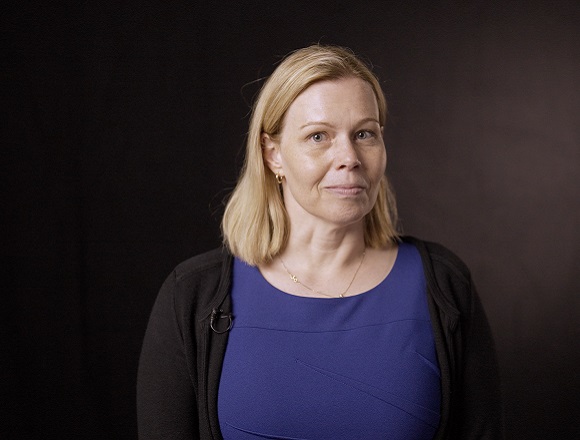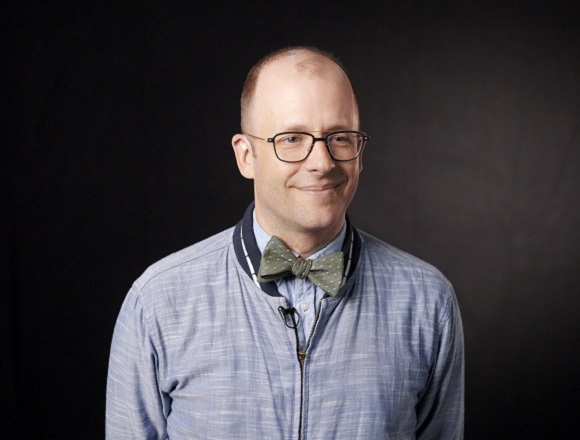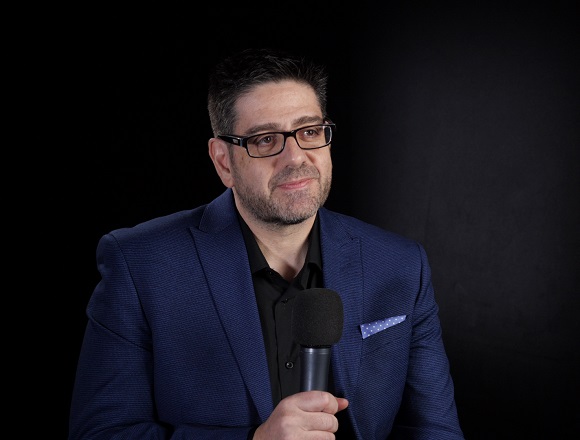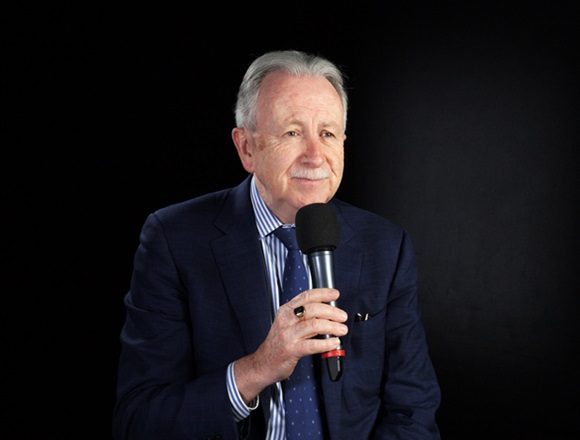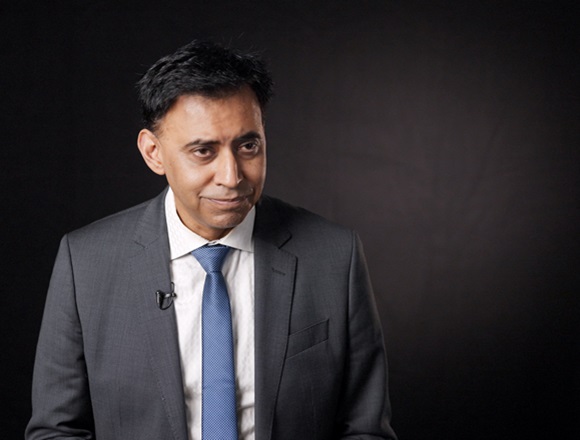Maja Artandi, MD, is a professor of medicine in the Division of Primary Care and Population Health at Stanford University, USA, and co-president of the Society of Bedside Medicine. She develops curricular materials for the outpatient teaching setting.
Do you have any advice for instances where a person fails a part of their training? Is undergoing a significant amount of additional training, such as repeating a year, a feasible solution? How to handle the removal of an individual from the training program due to inadequacy in the medical profession, despite their good attitude?
Maja Artandi, MD: I feel that we care about our learners, so our learners have a lot of support. It’s important to identify them early so they can get all the support they need. And if a learner wants to learn—I mean, they went to medical school and residency because they want to be a good doctor, right?—they get the support and, in my experience, they often improve.
Now, what do we do if they don’t improve? We have to think about, maybe it’s not the medical school or the residency that’s challenging? Maybe they have challenges outside of that? Maybe their life is hard and that then is an obstacle to them performing well as a learner, but they might not want to tell us because they don’t trust the system?
In my opinion, coaching is really important for that. In the United States in the academic medical centers, coaching in medical education is getting more and more popular. Many programs actually have mandatory coaching for their residents—not just for the residents who might need help, but for everybody—and the coaches meet on a regular basis with the residents or students from the very early beginning. Coaches are physicians from the same specialty who are not involved in the grading and assessment. Then, the learners can trust the coach and share what might be a challenge for them.
Now, despite all this, some learners don’t improve, and our job as medical educators is to make sure that the residents or students we graduate are actually good doctors, right? They have to take care of our patients. We have to trust that they are competent, that I would feel comfortable to go to my learner. And if they are not, we put our patients at risk. It’s incredibly rare that someone gets fired from a program. I actually have never seen it. But if that was to happen, documentation is everything. You have to document how the learner failed. You have to document what was done to support them and how they did not improve over months and months.
 English
English
 Español
Español
 українська
українська

